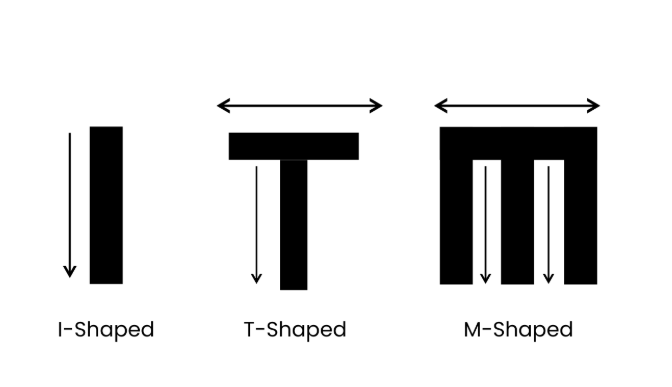
Parched for Progress
Parched for Progress: Confronting the Innovation Drought
A 2023 article in Science Alert explains a trend we've been seeing in the innovation space: "The rate of ground-breaking scientific discoveries and technological innovation is slowing down despite an ever-growing amount of knowledge, according to an analysis released Wednesday of millions of research papers and patents." Lead author Michael Park at the University of Minnesota's Carlson School of Management spearheaded the study published in the journal Nature.
The inherent risk and uncertainty of innovation, paired with the looming threat of a recession, has been causing ripples across the country and the world. Many big corporations have stopped doing fundamental research and development because they believe it's cheaper to simply buy innovations from smaller companies. When the biggest concern is the shareholders' requirement for quarter-over-quarter profits, instead of investing in R&D that won't generate a profit for years or decades, this greed will have us race to the bottom fast.
"While previous research has shown downturns in individual disciplines, the study is the first that 'emphatically, convincingly documents this decline of disruptiveness across all major fields of science and technology,' lead author Michael Park told AFP."
It's a difficult spot to occupy for new agile innovators and entrepreneurs. VCs and big corporations are often too risk-averse to fund these small shops, which is why it's PCDworks' focus to help startups with everything from innovating solutions to finding funding, commercializing, and marketing their new products. PCDworks is committed to addressing the innovation drought one disruptive solution at a time.
Got a problem you want to talk about? Call us at (903) 549-2056 or drop a line at hello@pcdworks.com.

